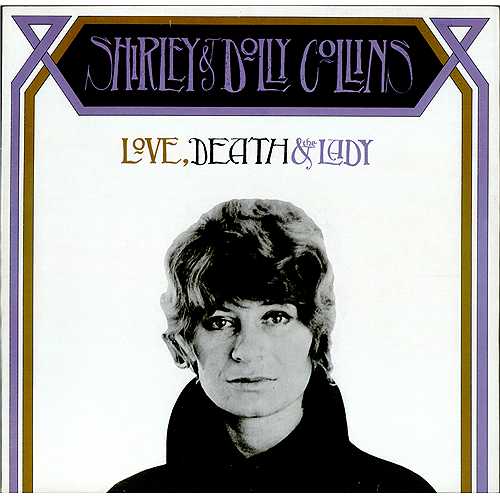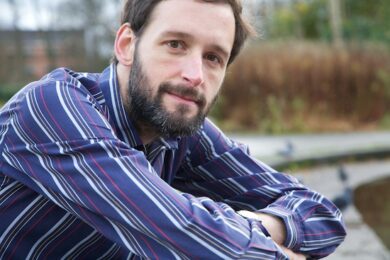9. Shirley CollinsLove, Death And The Lady

Shirley was the singer and her sister played the organ and did the arrangements. Shirley Collins is probably one of my favourite English folk singers. Her earlier work was a lot more international, she would sing American songs, but as she got older in the late sixties, when everyone else was getting quite psychedelic, she was getting more and more ‘English’ in terms of the material that she was interested in doing. She was focusing more on doing songs from her area, from Sussex. Maybe in the same way that I’m interested in the Scottish traveller singers, Shirley would be about the English gypsy singers. I think her approach to song is beautiful, it’s very understated and pure, and in a way it’s the opposite to Scottish singers like Jeannie Robertson, who are a lot more dramatic. Shirley lets the song speak for itself, without manipulating the listener into any particular feeling. Even when she sung the American stuff, it was in this very kind of anglicised way. It’s her innate sense of style, to sing like that. Even if she was singing a Skip James blues or something, she’d probably still do it as if it came from Sussex. This is quite a dark record. It’s stark. It’s maybe pretentious to say, but it’s almost Bergman-esque in the way it deals with those themes, and Shirley herself says in the sleeve notes that when she sings the first song, ‘Death And The Lady’, it reminds her of the Bergman film The Seventh Seal.
There’s always the perception of folk singers interpreting a traditional song that there’s nothing of themselves in the song, but I’ve read interviews with Shirley Collins where she says that her song choice is really mirroring what’s happening in her life at the time. They might not have dealt specifically with the things that were happening in her life but you can see how they would relate to the things that were going on. It’s like me when I’m singing a traditional song – maybe my choice of song reveals more about me than I’d care to admit. Sometimes I feel that all the songs have been written and there’s nothing else to say. Since making my last record I’ve been writing slowly but I’m still trying to figure out what to say next. It’s like I don’t know yet what to say next because everything I had to say for the past couple of years is in that new record. But you grow into a new series of preoccupations and interests, then you realise that these are the things you have something to say about.


